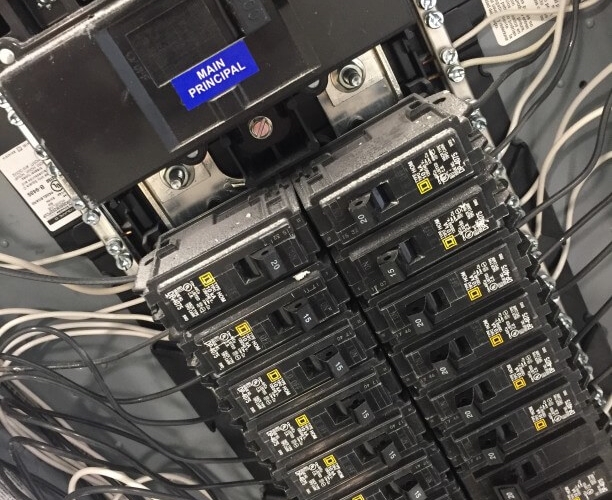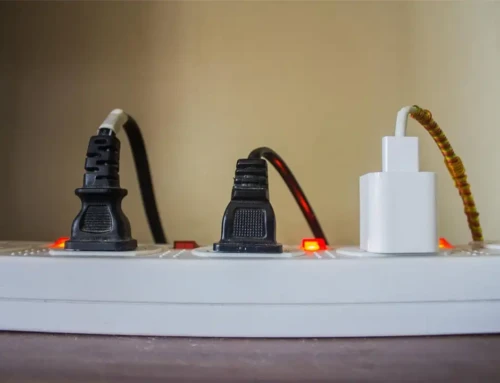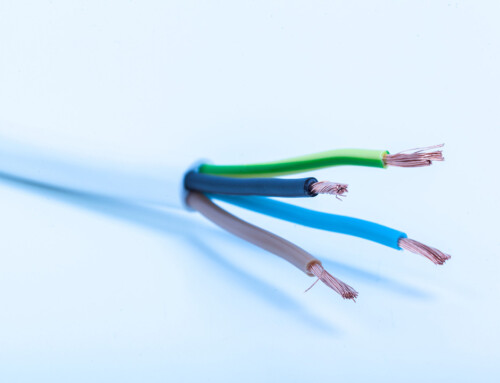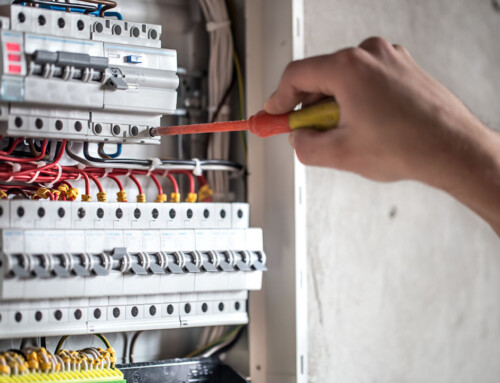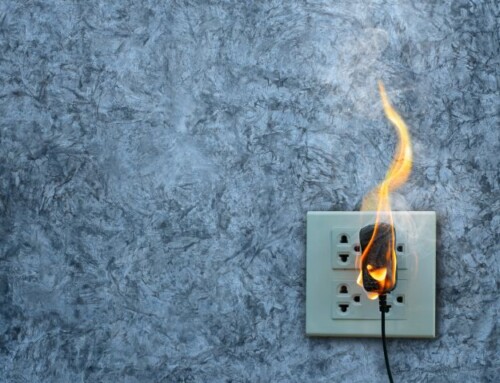Table of Contents
Does your circuit breaker keep tripping?
There can be multiple reasons for the circuit breaker to fall, for example, circuit overload, power surge, short circuit, or any other electrical emergency. It’s good that your circuit breaker is tripping. That means it is successfully protecting your appliances from a damaging electric fault or hazard.
However, if your breaker keeps tripping every time you use an electronic device, it can be one of the signs of a bad breaker. In that case, you need to repair or replace your circuit breaker.
Keep reading if you want to learn about signs of bad circuit breakers and how to identify and when to replace a bad breaker.
Table of Content
- Can a Breaker Go Bad?
- What Happens When a Breaker Goes Bad?
- How to Tell if a Breaker is Bad?
- How to Test if a Breaker is Bad?
- Why Do You Need to Know if Your Breaker is Bad?
- What Should You Do if the Breaker Goes Bad?
- FAQs
There is other vital information in this post as well that is useful while troubleshooting circuit breakers.
Can a Breaker Go Bad?
Yes! Circuit breakers do go bad. And it can be concerning for any homeowner as a bad breaker is not something everyone knows how to fix. However, it’s crucial to understand the difference between a device malfunction and a bad breaker.
What Happens When a Breaker Goes Bad?
When a breaker goes bad, it doesn’t fulfill its job of being the line of defense for your home and all your electrical appliances. That means it doesn’t trip during an electrical surge. The electrical safety of your home gets compromised till the time you fix it.
There are some common warning signs of a bad breaker to look out for if you feel anything is wrong with your breaker. This next section will guide you on the symptoms of a bad circuit breaker.
How to Tell if a Breaker is Bad?
You can tell a Breaker is Bad if it shows any of the below Bad Circuit Breaker Symptoms:
-
Burning Smell
The wires and insulation get overheated when a breaker goes bad and produces a burning odor. Try to sniff around the panel to check if any burning smell is coming out of it. If you get the sense of overheating, shut down the power of your house without any delay and call an electrician.
-
Hot Breakers
The same heat that produces the burning smell also makes the breakers hot. If your breakers are hot when you touch them, you are most probably touching a bad circuit breaker. Call for professional help immediately.
-
Breaker Trips Frequently
Tripping is not a definite sign of a bad breaker. There can be other reasons for breakers to trip frequently, such as a bad circuit or faulty equipment. Do a deep dive to understand the actual cause.
-
Worn-out or Old Breaker
If you witness any bad circuit breaker symptoms in your old and worn-out breaker, the chances are that your breaker has gone bad.
-
Visibly Damaged Circuit Breaker
The overheating of a faulty breaker often causes evident damage to the breaker and the panel. If you notice any external damage on the panel, check for other signs of a bad breaker and call an electrician immediately.
-
Breaker Doesn’t Remain Reset
If it seems like your breaker will not remain reset for a while, call an electrician to check its condition and any internal damage to the wiring.
-
Power Surge
If you witnessed a power surge recently, there is a possibility that your breakers got damaged due to a sudden spike of current. Surge suppressors can be installed in your electric panels. But they are not 100% successful in limiting the damage.
-
Overloaded Circuit
There are different types of circuit breakers for varying levels of current loads. A breaker can go bad if it’s constantly overloaded. Check the appliances connected with your breaker are of appropriate load or not if you suspect a bad breaker.
-
Short Circuit
When the current passes through a shorter way, it causes a short circuit because of its huge amount. The breaker does its job of safeguarding electric wiring and equipment by tripping. But sometimes, it gets damaged in the process. So you can connect the dots if you face bad circuit breaker symptoms and have witnessed a short circuit recently.
How to Test if a Breaker is Bad?
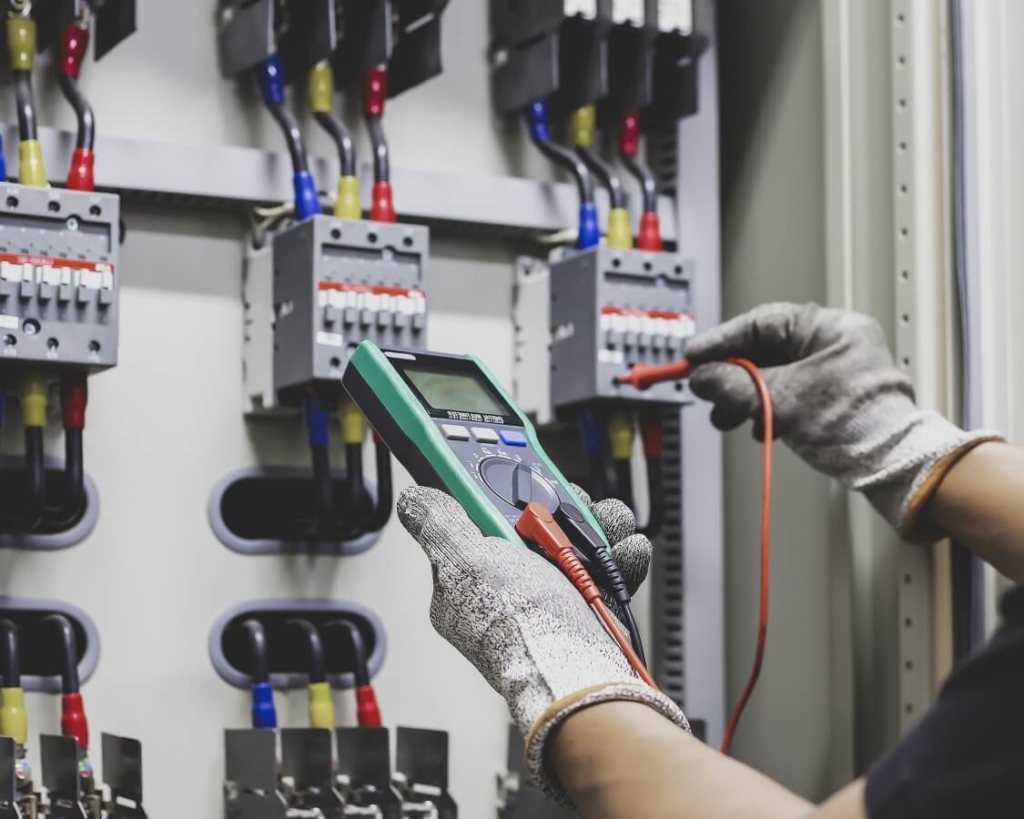
If you suspect a bad breaker, you can confirm it using a digital multimeter. Follow the below-mentioned step-by-step guide.
-
Determine the Circuit Protected by the Breaker
First, you need to identify the circuit that the tripping breaker is protecting. Check your electric panel or circuit breaker box for circuit breaker labels or diagrams to determine which circuit the breaker is protecting. If there are no labels on circuit breakers, you need to label them yourself.
-
Unplug All Devices From the Circuit
For safety reasons, switch off the breaker and unplug all the devices from the circuit. In this way, you can eliminate any possibility of electric surge during your testing.
-
Try to Reset the Circuit Breaker
After unplugging all the devices, switch on or reset the circuit breaker. If you don’t hear the click sound or the breaker trips again immediately, you are probably looking at a faulty breaker. But if it remains reset, you should check for a circuit overload or short circuit.
-
Unscrew the Breaker Panel
Remove the panel from the circuit breaker box by unscrewing it carefully. Hold the panel in your hand when you remove the last screw. Also, keep the screws in a safe place so that you can find them easily when you need them next time.
-
Test the Breaker with Digital Multimeter
You can test the level of current through electric components with a multimeter. Put the black wire into the COM labeled port and its other end into the neutral bar. The red wire will go into the port marked with “V” and horseshoe sign (Ω). Now measure the current and compare it with the breaker requirement. Your multimeter must show 120 V for a single-pole breaker and 220-250 V for a double pole breaker. It’s not a big deal if the reading is slightly up and down. But a major difference indicates a problem.
Why Do You Need to Know if Your Breaker is Bad?
An electrical malfunction can be the reason for damage to your electric wiring and the breakdown of equipment. It can start an electric fire in worse circumstances. An intact and functioning circuit breaker prevents your home from these electrical accidents by tripping down and stopping the current to reach the wiring.
A faulty breaker can’t perform this task effectively, and your house and equipment can become the victim of an electric fire. Therefore you must know when your breaker is not working and take appropriate action immediately.
What Should You Do if the Breaker Goes Bad?
It is undoubtedly time to replace your circuit breaker if it’s not functioning correctly. However, your first step should be to switch off the power of your house to avoid any catastrophic electric accident. This step will also prevent the breakdown of your equipment.
It is recommended that you make “replacing the breaker” your DIY project only if you have enough relevant knowledge. Otherwise, it can be dangerous. Calling a certified electrician is always recommended.
FAQs
Find answers to some of the most common and random questions people have about a circuit breaker.
- What is an average lifespan of a circuit breaker?
According to CPSC, a circuit breaker can last up to 40 years if maintained properly. Usually, GFCI, AFCI, and other standard breakers can last 10 to 15 years. Certain factors affect the lifespan of a circuit breaker. For instance, a humid environment is not suitable for the breaker. Similarly, frequent tripping due to circuit overload is also not good for the longevity of the breaker. - How do you know if a circuit breaker needs to be replaced??
The primary indication of a bad breaker is that it frequently trips without any electrical fault. Burning smell and the hot breaker is also a tale-tell sign that your breaker has gone bad. However, you must first ensure no electrical malfunction like a short circuit or power surge is responsible for tripping of the breaker. - Is it common for a circuit breaker to go bad?
Circuit breakers do go bad. It can be common for some areas and not so common for others. Climate, electricity overload and age of the breaker affects the functioning of the breaker. - How often do breakers go bad?
A circuit breaker can go bad after completing the average life span of 10 to 15 years or malfunction due to other external reasons in between. It differs from a case to case basis. Keep an eye on bad circuit breaker symptoms to ensure that you detect and fix the issue in time. - When to contact a professional to check a bad circuit breaker?
If you witness enough signs of a bad breaker, you should act upon it immediately. It’s life-threatening to work on electrical malfunction without proper knowledge. So call your electrician if you have little or no knowledge of troubleshooting circuit breakers. - Why it’s necessary to upgrade your circuit breaker?
You must have the type of circuit breaker that is suitable for your electric power needs. If you don’t have an updated breaker, it can overheat due to circuit overload resulting in electric fire. Not updating your breaker can become an obstacle if you want to sell your house. The history of any electrical emergency, such as an electrical fire, significantly lowers your property value.

